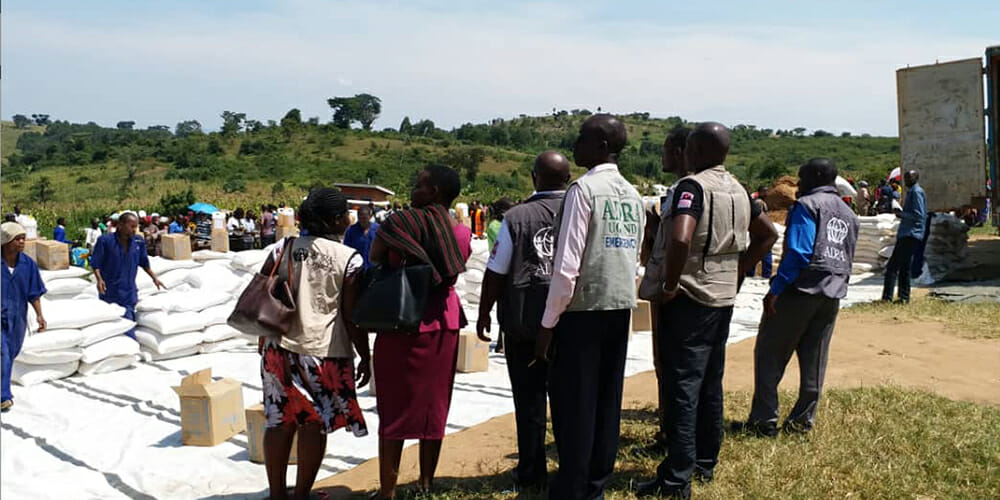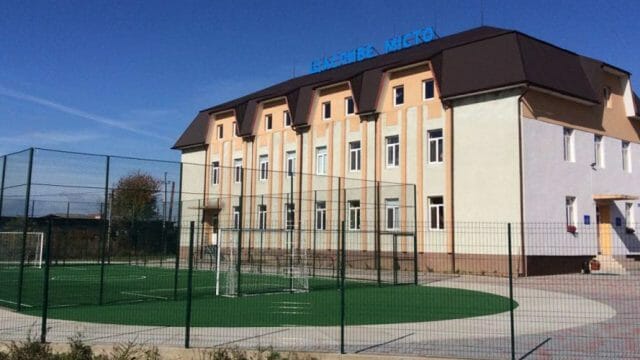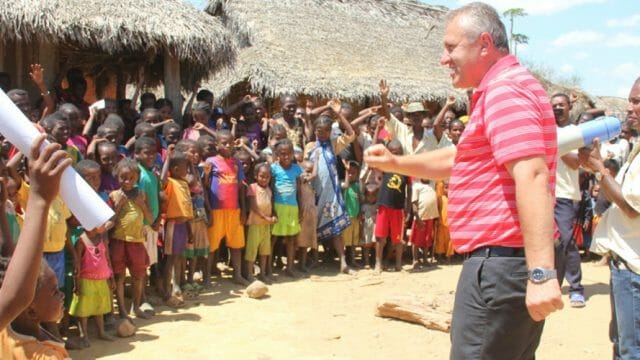Initiative partners are Adventist humanitarian agency and World Food Program.

Thousands of refugees in Uganda will receive food assistance thanks to a recentcooperative partnership established between the Adventist Development and Relief Agency, the World Food Program, and the government of Uganda, through the Office of the Prime Minister.
The partnership, agreed upon in June 2018, will allow ADRA to provide food for more than 85,000 refugees currently settled in the district of Kamwenge in western Uganda. An influx of refugees is reportedly increasing as long-standing conflicts have forced many citizens from the Democratic Republic of Congo and South Sudan to cross the Uganda border. An estimated 1.4 million refugees are being sheltered in the country, according to a March 2018 UNHCR report.
“As a strong supporter of partnerships, this collaborative effort between ADRA and WFP is good news for the refugees in Uganda faced with the shortage of food, and is a strong testament that ADRA Uganda’s intervention efforts are being recognized,” said ADRA International vice president for programs Imad Madanat.
Since 1987, ADRA has forged a positive presence in Uganda, creating long-standing relationships with up to 15 districts across the country. As a result of its deep-rooted network, ADRA collaborated with WFP in food distribution in 1998, 2000, 2010, 2011, and again in 2018. ADRA has also been promoting school gardening initiatives in several refugee settlements, including Rwamwanja, Adjumani, and Bidibidi, to help boost school feeding initiatives in select refugee-hosting schools.
“ADRA is committed to supporting the government’s work to achieve sustainable development goals. This newly signed partnership with WFP will enable ADRA to address the causes of food insecurity and malnutrition and also help improve the social protection system of refugees and host communities,” said ADRA Uganda country director Charles Ed II Aguilar. “One of the strategic outcomes that WFP has focused on is to see smallholder farmers, especially women, in targeted areas have enhanced and resilient livelihoods by 2030. ADRA is committed to meeting this strategic outcome,” he explained.
With additional food needs that will be met through WFP’s assistance, ADRA Uganda will help provide nutritious meals daily for a year, along with cash support aimed at helping the refugees generate income.
“ADRA Uganda has committed to a long-term presence in Kamwenge,” Aguilar said, “and plans to implement a range of livelihood development interventions such as capacity building of refugees to operate kitchen/backyard gardens to grow crops and sustain food to support their families and also support in protecting the environment by planting 10,000 fruit trees.”









